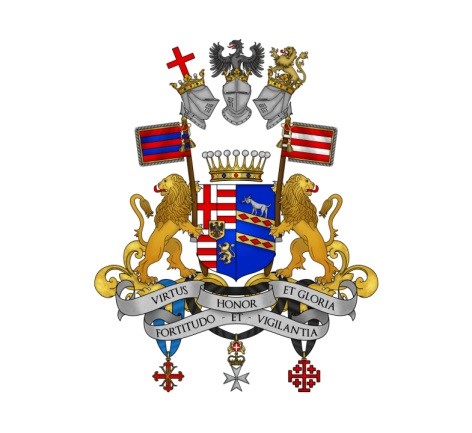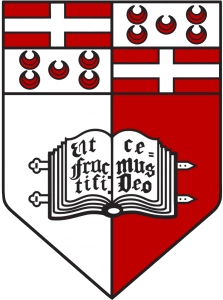
Who can apply for arms?
- It is a common misconception that heraldry is the sole prerogative of the nobility. Nothing could be further from the truth. All citizens of Malta, as well as foreign citizens, are entitled to apply for a grant of Arms
- A grant of Arms should be considered as a singular honour, granted on the basis of a number of criteria: including involvement of the applicant in public life, participation in charitable endeavours or similar works, and the applicant’s life successes which can be educational, professional or business oriented together with honours, both local and foreign that have been received. All Arms are, however, granted at the discretion of the Chief Herald of Arms of Malta
- All recipients of Maltese Honours are automatically entitled to a grant of Arms
- An Application form for a grant or registration of Arms can be obtained by contacting the Office of the Chief Herald
Coats of arms already in existence:

1. Existing Personal Arms
- If it can be proven that certain personal Arms have been in unique and uninterrupted use in Malta for at least three generations by the applicant’s ancestors, those Arms would be considered as part of Malta’s intangible cultural heritage and would be registered, as they stand. In other cases, the Chief Herald would use his discretion as regards registration.
- Arms already formally granted and/or registered by other recognised heraldic authorities are registrable at the Office of The Chief Herald of Arms, subject naturally to the rights of others. “Recognised” refers to heraldic institutions recognised by the State in which they are situated e.g. The College of Arms (England, Wales, and other territories), Court of the Lord Lyon (Scotland), Office of the Chronicler King of Arms of Castile, and Léon (Spain), The Chief Herald of Ireland (Eire), The Chief Herald of Canada, The Bureau of Heraldry of South Africa and so forth.
- It shall be the sole decision of the Chief Herald of Arms to determine whether any particular institution is to be “recognised” and such recognition is normally on a mutual basis.
2. Impersonal Arms
- When considering an application by entities (impersonal Arms) from any institution such as a company, club, or society, the Chief Herald of Arms would need to consider, among other things,
- the nature of that institution, so as to ensure that it is non-controversial and generally socially acceptable,
- the time scale during which that institution has been in existence,
- the number of members that institution possesses
- in the case of a business, the financial position of that company.
